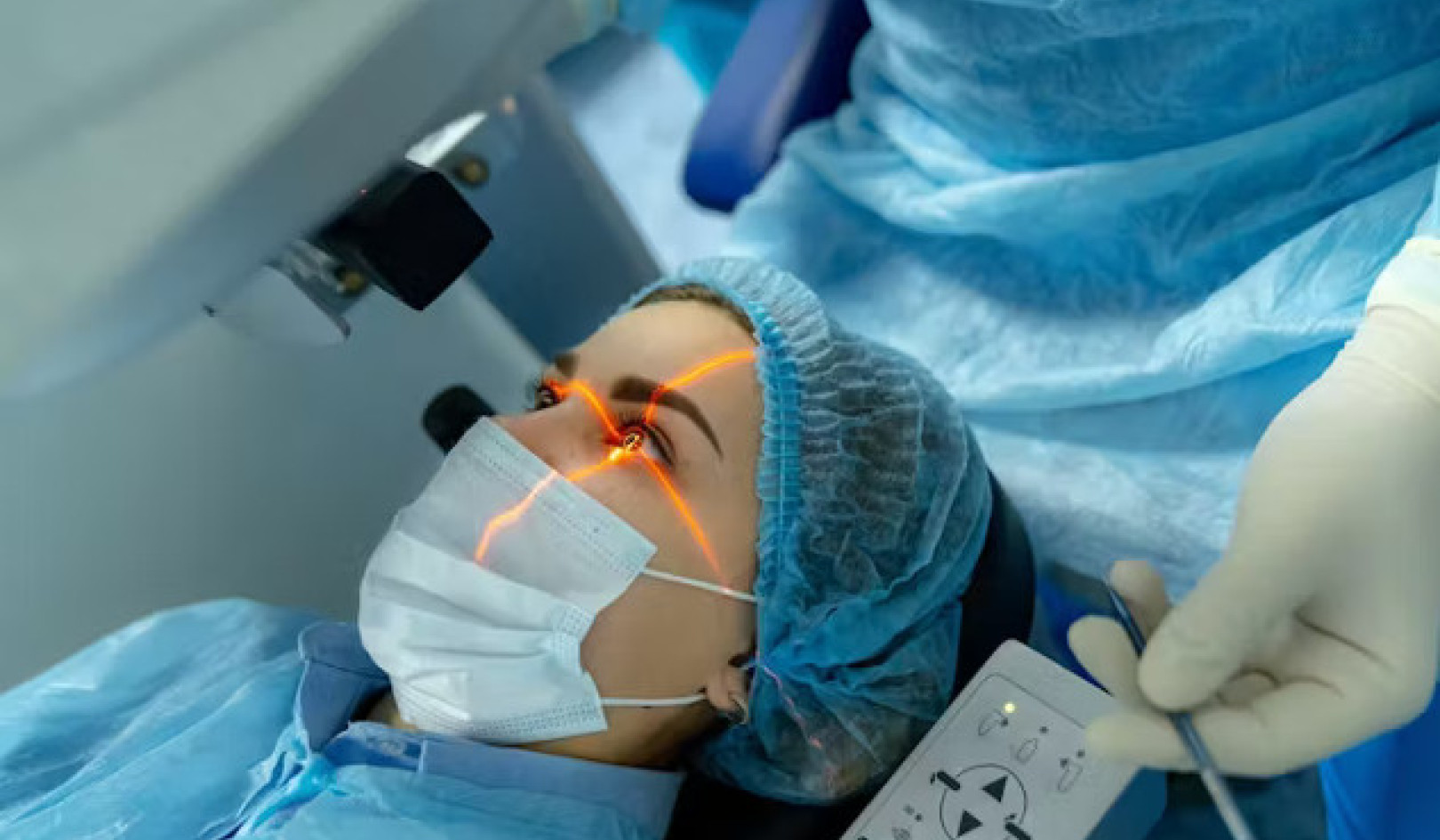
My patient Padma was confused— and skeptical.
“I came to you for nutritional advice, and to detox,” she said with her faint flavor of an Indian accent. “But you are talking to me about all sorts of other issues besides food. I am a person of science—a sociologist—and I want to focus on science and the facts.”
I smiled. I had heard these objections before, but seldom did my skeptical patients express their opinions so bluntly, and so soon.
By being so clear, Padma allowed me to be clear in response.
“I am also a person of science,” I told her. “And what I’ve learned in more than fifteen years of research and clinical work is that the most scientific approach to healing doesn’t ever focus on just one small part of the human body, let alone ignore the role of thoughts, beliefs, and emotions in our health. You get the best results by addressing the whole person. That’s what this program is all about.”
Padma still looked doubtful.
Human Biochemistry 101
“Padma,” I went on, “you think that beliefs and emotions are separate from the physical body. But, in fact, every time you have a thought or feeling, it is expressed biochemically, as a cascade of neurotransmitters, hormones, or cellular responses. Therefore, your physical condition can have an enormous impact on your mood, your ability to think clearly, and your overall outlook on life—just as your mood, thoughts, and beliefs can affect your physical condition. Mind–body medicine isn’t some mystical mumbo jumbo. It’s Human Biochemistry 101.”
Most of us are used to making distinctions between our body and our emotions. We believe that “I feel hot” or “My foot hurts” or “My doctor tells me I’m at risk for a heart attack” are fundamentally different types of statements from “I feel scared” or “My heart aches” or “If my boss keeps me late one more night this week, I’m going to go through the roof.”
Of course, in some ways, those are different statements. While we can’t measure the subjective experience of heat or pain, we can take our temperature with a thermometer, x- ray our foot for broken bones, and run a whole range of tests to assess our risk for a heart attack.
Fear, grief, and anger are harder to measure. And even though we turn to physical metaphors to express our emotional states, we know we don’t mean them literally. Your heart doesn’t really ache. Your blood isn’t literally boiling. You aren’t actually about to explode.
Yet in a very real sense, the contrast between mind and body is what my old professors used to call “a distinction without a difference”—a distinction that, at the end of the day, isn’t really very useful. Because, in fact, there isn’t really any such thing as “body,” “mind,” “sensation,” “emotion”—those are just the names we’ve come up with to make sense of our experience.
What Are We, Really?
What we really have, when we look at our human lives, is biochemistry: one big interactive network of hormones, neurotransmitters, synapses, and glands whose job is to respond to the challenges and opportunities of our environment. These responses all happen through electricity and chemistry, and all of them are always both physical and emotional. That is, any thought or emotion is reflected in a biochemical event, and any biochemical event has its mental and emotional dimensions.
If someone runs up to you with a knife, for example, you might experience the emotion known as fear. Or you might feel anger or determination or some other emotion. You are likely to think, This doesn’t look good or I wonder if I can run fast enough to get away.
Whatever thoughts and emotions you might have, you’ll also experience an immediate, measurable physical response: the stress response. Your muscles will tense, your blood will begin to flow toward your muscles and away from your stomach, your heart will beat faster, your pupils will contract, your palms will sweat, and you’ll start to breathe quickly.
And behind both the mental and the physical responses is a flood of stress hormones— cortisol, dopamine, adrenaline, noradrenaline, and many others—triggered via a complicated chemical cascade initiated in your hypothalamus and passing on to your pituitary and your adrenals. Your mental, emotional, and physical experience—the thoughts, feelings, and sensations you experience—all show up in biochemical events.
It All Feels Real
And guess what? It doesn’t really matter if you actually experience danger or if you just think you might be in danger . . . or even if you remember a time ten years ago when you actually were in danger. Memory, imagination, fantasy, anticipation—all of these produce the same physical response.
A hypnotist can convince you that you’re scared and produce in you a stress response. So can a powerful speaker alerting you to a political or social threat. So can a movie, a roller coaster, or even a really scary novel. Or a dream. You might think the attacker with a knife is real and the nightmare is unreal, and of course that is an important distinction, but an equally important point is the fact your body doesn’t know the difference. The biochemical responses and electrical impulses that trigger the chemical cascade are the same whether they are generated by an actual physical event or a mere thought.
Now, what does this mean for those of us who want to lead healthy, fulfilling lives? It means we need to be aware of the complex ways in which our bodies and minds interact—in which the categories we like to call “physical,” “mental,” and “emotional” are often blended and blurred. If you feel depressed and I suggest you eat more fiber, and in a few weeks you’ve cheered up, then your body has measurably affected your mind. If you feel stressed and you then have trouble digesting your food (because, among other things, stress lowers your stomach acid), your mind has measurably affected your body.
Detoxifying From Psychological, As Well As Physical Factors
When I realized this truth, I understood that I needed to incorporate it into my work as a functional medicine nutritionist. I couldn’t just tell my patients what to eat; I had to help them detoxify from all the factors that might be adversely affecting their health.
This insight cut two ways. Patients with seemingly intractable psychological issues—anxiety, depression, stress— frequently got spectacular results from changing their diets. At the same time, patients with seemingly incurable physical issues—joint pain, cardiovascular issues, thyroid problems, and ulcerative colitis, to name only a few—got their own spectacular benefits from letting go of some limiting beliefs, nourishing their creativity, and otherwise supporting their minds and emotions.
We tend to think of the boundary between mind and body as a kind of seawall—a rigid, firm barrier clearly marking out the difference between water and land, wet and dry. In reality, the boundary is more like a wide patch of damp sand over which the tide ebbs and flows: now water, now land, now a mixture of both—and constantly changing.
©2016 by Deanna Minich. All Rights Reserved.
Published by HarperOne, an imprint of Harper Collins Publishers.
Book by this Author
 Whole Detox: A 21-Day Personalized Program to Break Through Barriers in Every Area of Your Life
Whole Detox: A 21-Day Personalized Program to Break Through Barriers in Every Area of Your Life
by Deanna Minich.
Click here for more info and/or to order this book.
About the Author
 Dr. Deanna Minich is a lifestyle medicine expert who has mastered the art of integrating ancient healing traditions with modern science. Her unique "whole self" approach to nutrition looks at physiology, psychology, eating, and living within what she calls the "7 Systems of Health." A five-time book author, and founder of Food & Spirit, she continues to do detox programs with individuals to help them achieve better health. Learn more about how to conquer emotional eating and balance your mood at DeannaMinich.com.
Dr. Deanna Minich is a lifestyle medicine expert who has mastered the art of integrating ancient healing traditions with modern science. Her unique "whole self" approach to nutrition looks at physiology, psychology, eating, and living within what she calls the "7 Systems of Health." A five-time book author, and founder of Food & Spirit, she continues to do detox programs with individuals to help them achieve better health. Learn more about how to conquer emotional eating and balance your mood at DeannaMinich.com.
























